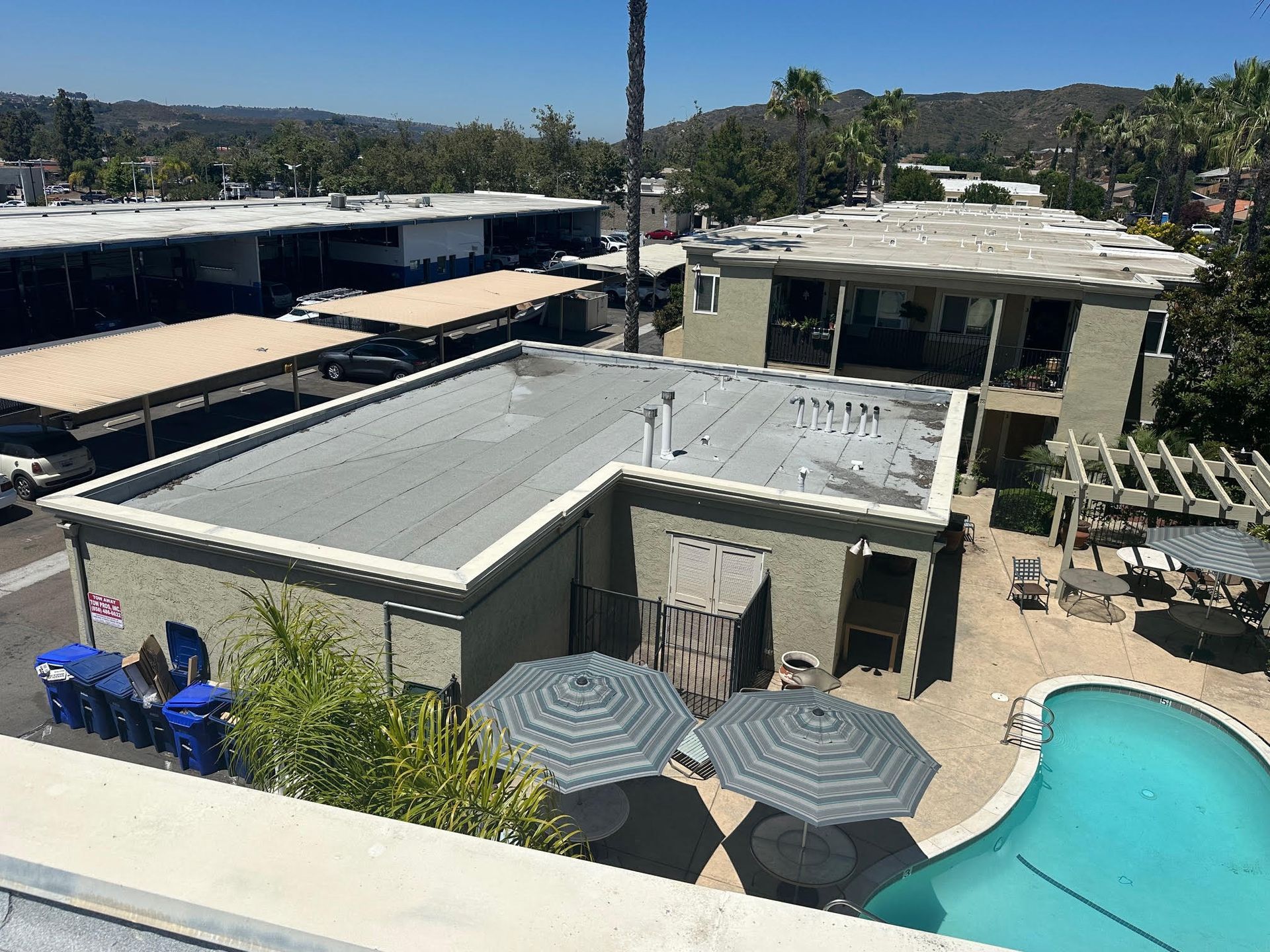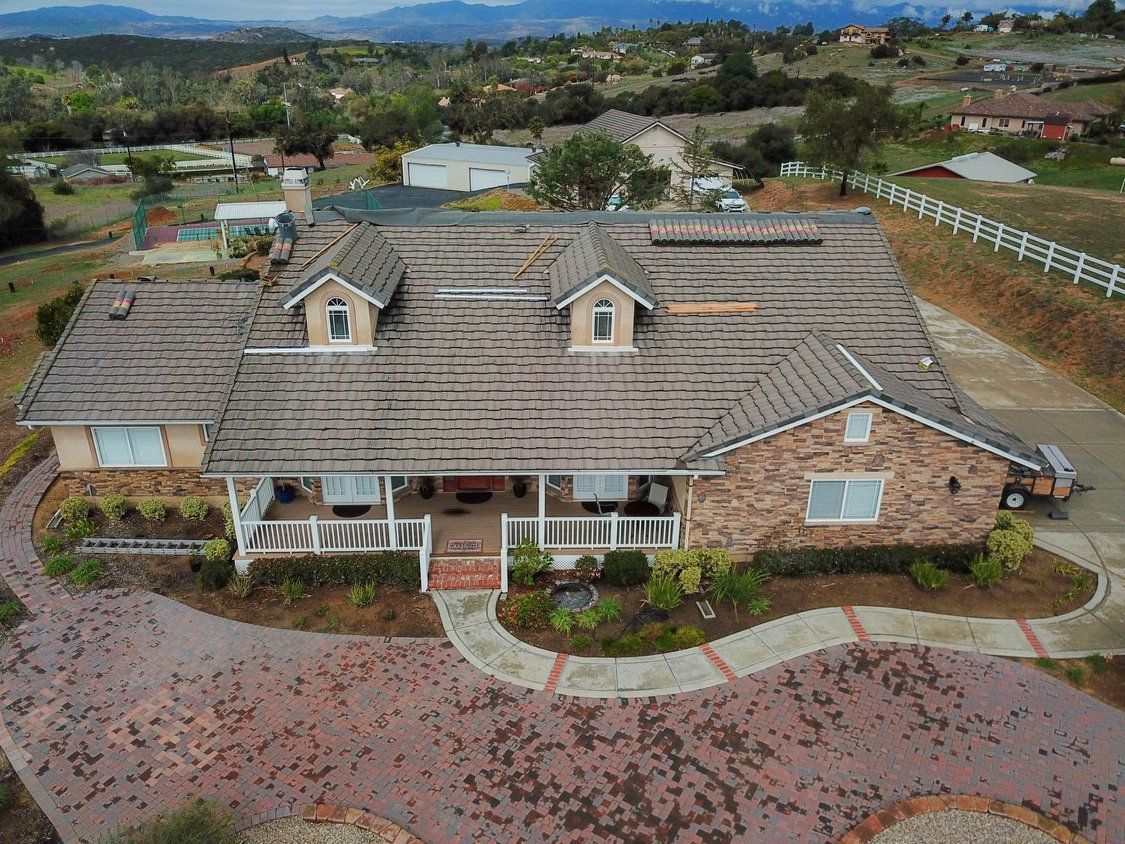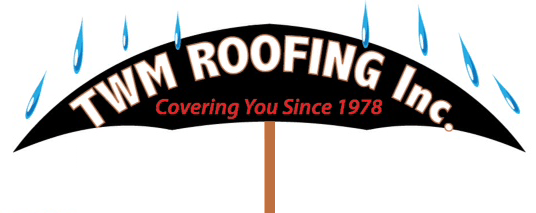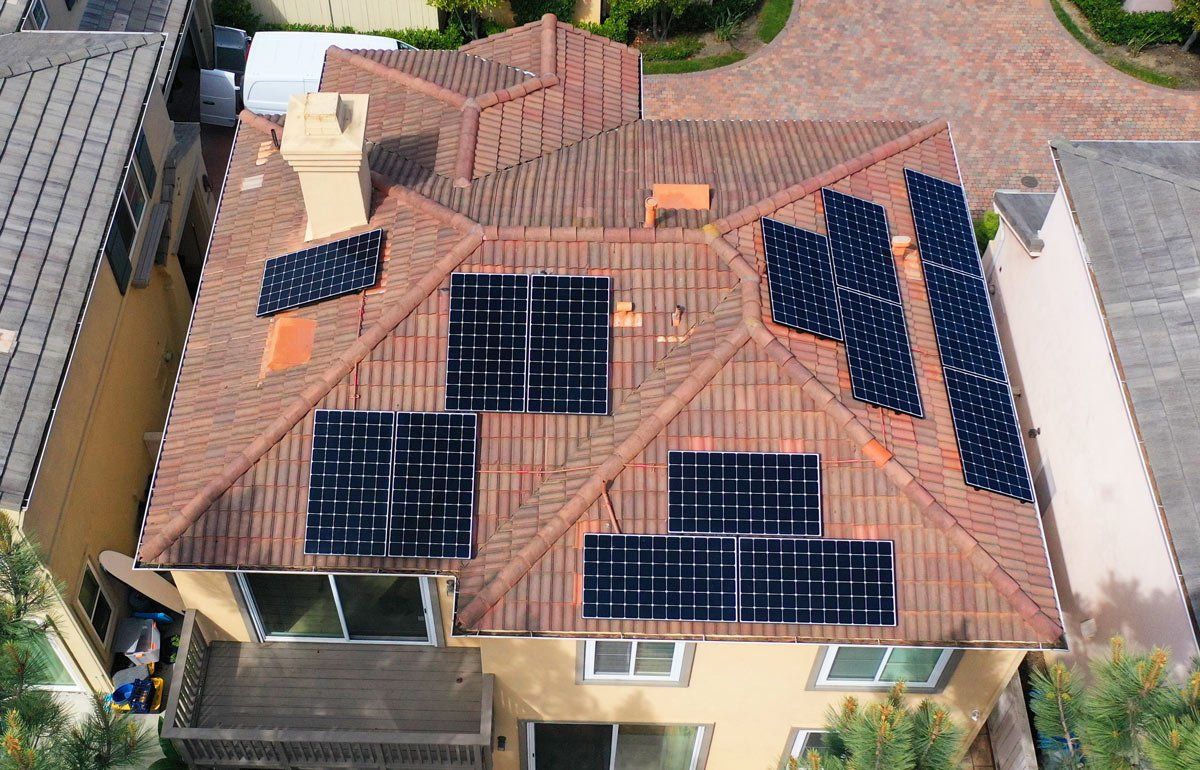Important Things to Know About Escrow Roof Inspections in San Diego
The Importance of Roof Inspections During Escrow

What Is an Escrow Roof Inspection?
An escrow roof inspection involves a detailed evaluation of a property’s roof by a qualified professional during the escrow process. The purpose is to determine the roof’s condition, pinpoint any potential issues, and recommend necessary roof repairs or replacements. This step ensures that all parties have a clear understanding of the roof’s status before finalizing the transaction.
Why Are Roof Inspections Crucial in San Diego?
Homebuyers need to know what they are buying. The cost of a new roof is significant. The average cost of a new roof on a modest Southern Californian home is over $15,000. New roofs on larger custom homes can cost well over $50,000.
San Diego’s sunny climate, occasional rainstorms, and proximity to the coast can cause wear and tear on roofs over time. Escrow roof inspections provide an opportunity to identify problems early, protecting buyers from unexpected expenses after purchasing a property. Sellers, on the other hand, can proactively address any issues to avoid complications during negotiations.
Additionally, many lenders require roof inspections to ensure the property aligns with their loan approval standards. For homes in San Diego, where clay and concrete tiles, asphalt shingles, and flat roofs are common, hiring an experienced local inspector is crucial. These roofing types each have unique vulnerabilities, from cracked clay tiles to drainage problems with flat roofs, which professionals must carefully assess.
What Does an Escrow Roof Inspection Include?
During an escrow roof inspection, licensed professionals typically examine the following:
- Roofing Materials: Identifying cracked, missing, or worn tile underlayment, roof tiles and shingles.
- Leaks and Water Damage: Detecting signs water intrusion.
- Ventilation: Ensuring adequate airflow extends roof life and prevents moisture buildup and energy inefficiency.
- Drainage Systems: Checking roof drains, gutters and downspouts for blockages or improper alignment to maintain good drainage.
After the inspection, a detailed report is provided, which includes photographs, findings, recommendations for repair and pricing. These reports are indispensable for buyers and sellers, offering transparency and guiding informed decisions.
Who Should Conduct Escrow Roof Inspections?
To ensure a thorough and reliable evaluation, escrow roof inspections should only be performed by licensed roofing contractors with local experience that correlates to local industry standards with a historical perspective of the local roofing industry. A trusted professional, such as TWM Roofing, will bring years of local experience and knowledge of San Diego-specific challenges, ensuring every detail is carefully assessed.
What Is the Cost of an Escrow Roof Inspection?
In San Diego, the typical cost of an escrow roof inspection ranges from $150 to $500, depending on the home’s size and roof complexity. However, TWM Roofing is excited to announce a new, budget-friendly pricing structure designed to make inspections more accessible:
- $175 for 1-story homes
- $225 for 2-story homes
With TWM Roofing, you’ll receive professional inspections at an unbeatable value—without compromising on quality or service.
Common Issues Found During Escrow Roof Inspections
Roof inspections often reveal issues that could otherwise delay closings or lead to costly surprises:
- Deteriorated tile underlayment.
- Missing or damaged shingles and tiles
- Signs of roof leaks and water damage
- Aging materials that may soon require replacement
- Insufficient ventilation or poor insulation
- Misaligned or clogged gutters and roof drains
By addressing these problems during escrow, buyers can protect their investment, and sellers can resolve potential deal-breakers early in the process.
Why Choose TWM Roofing for Your Escrow Inspections?
TWM Roofing has built a solid reputation in San Diego for delivering reliable, transparent, and efficient escrow roof inspections. Here’s why we stand out:
- Fast Scheduling: We understand that escrow transactions have crucial timelines and in most cases we offer inspections within 48 hours.
- Quick Reports: Receive a detailed inspection report within 24–48 hours.
- Follow Up Questions: TWM is available for follow-up questions, even after hours and weekend in many cases.
- Comprehensive Documentation: Our reports include photos, repair recommendations, and accurate cost estimates.
- Fair Pricing: Repair costs are never inflated, ensuring transparency.
- Proven Expertise: With decades of experience, we’re the trusted choice for countless real estate professionals.
We’re proud to support real estate agents and their clients with premium service at an affordable price.
Frequently Asked Questions About Escrow Roof Inspections
How long does an inspection take?
Most inspections are completed in 1–2 hours, depending on the roof's size and condition. Reports are typically delivered within 24–48 hours.
Can repairs be completed before closing?
Yes! Repairs are often handled during escrows to avoid delaying the transaction. TWM Roofing offers competitive pricing and efficient service to ensure everything is completed on time.
What if the roof needs to be replaced?
If a replacement is necessary, buyers and sellers can negotiate the associated costs. TWM Roofing provides accurate estimates to help facilitate fair agreements.
Can drones be used for roof inspections?
Today’s high-quality drones can be a useful tool for some roof inspections, particularly on roofs with access limitations. However it’s not possible to conduct a comprehensive roof inspection with a drone because drones cannot inspect many crucial roof details such as the condition of roof underlayment hidden under roof tiles, improperly installed flashings that are covered by tile or shingles, inadequate tile or shingle roof fastening, the number of layers of shingles or tile underlayment, the branding stamps on obsolete roof tiles, tile roof stretching, fire rating of attic vents or the structural integrity of a roof. These vital roof details must be inspected hands-on by a human.
TWM Roofing’s Commitment to Excellence
At TWM Roofing, we understand that real estate transactions demand precision, speed, and reliability. Our escrow roof inspection services are tailored to meet these needs, giving buyers and sellers the confidence they need to move forward.
With affordable pricing, fast turnarounds, and transparent reporting, TWM Roofing is your go-to partner for escrow roof inspections in San Diego.
Schedule Your Escrow Roof Inspection Today!
Ready to simplify your next escrow roof inspection? Call TWM Roofing at 760-731-0777 or book online.
Don’t let roofing issues stand in the way of a successful transaction. Trust TWM Roofing for inspections you can rely on—every time.



